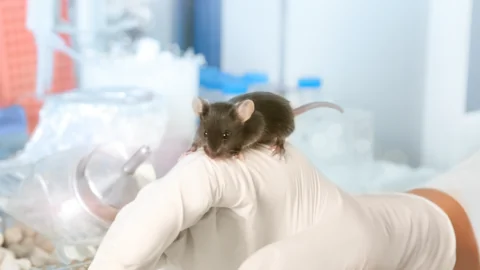March 13, 2024
The authors of a paper published in Pharmaceuticals tested multiple drug-polyphenol combinations to find the ones with the best senolytic properties [1]. Targeting senescent cells in lung diseases Why we Age: Cellular SenescenceAs your body ages, more of your cells become senescent. Senescent cells do not divide or support the tissues of which they are...
August 30, 2023
In a research paper published in GeroScience, researchers investigated the impact of senolytics on young mice and found some surprising results [1]. Senescent cell removal and other properties Senolytics, when given to older mice, clear senescent cells. Senolytics such as fisetin and quercetin also have anti-inflammatory properties and can be used as chemotherapeutics and senotherapeutics...
July 13, 2023
Researchers publishing in npj regenerative medicine have found that destroying senescent cells through a well-known senolytic combination gives older killifish back some of their regenerative abilities. Regeneration, for a while Killifish, like starfish and salamanders, are some of the most well-known regenerators of the animal kingdom, able to even regenerate brain tissue [1]. However, these...
June 02, 2023
In one of the first studies of its kind, the popular senolytic combination, administered systematically for six months, produced several health benefits in these animals. Some effects were augmented by caloric restriction [1]. Coup de grâce for cells The combination of the drug dasatinib and the flavonoid quercetin, also known as D+Q, is one of...
May 12, 2023
Researchers have demonstrated that two senolytic drugs might improve how the heart repairs itself by destroying senescent cells [1]. These harmful cells are associated with many age-related diseases, including cardiovascular disease. Zombie cells that refuse to die As we age, our bodies accumulate senescent cells, often referred to as 'zombie' cells. These cells can impair...
May 02, 2023
In a new prospective cohort study, a higher intake of flavonols, and quercetin in particular, was linked to a significant decrease in the risk of frailty [1]. Flavonoids: not just flavor Flavonoids are a class of polyphenolic compounds that include flavanols, flavonols, flavones, anthocyanins, and some others. Flavonoids are abundant in plant-based foods, including fruits,...






